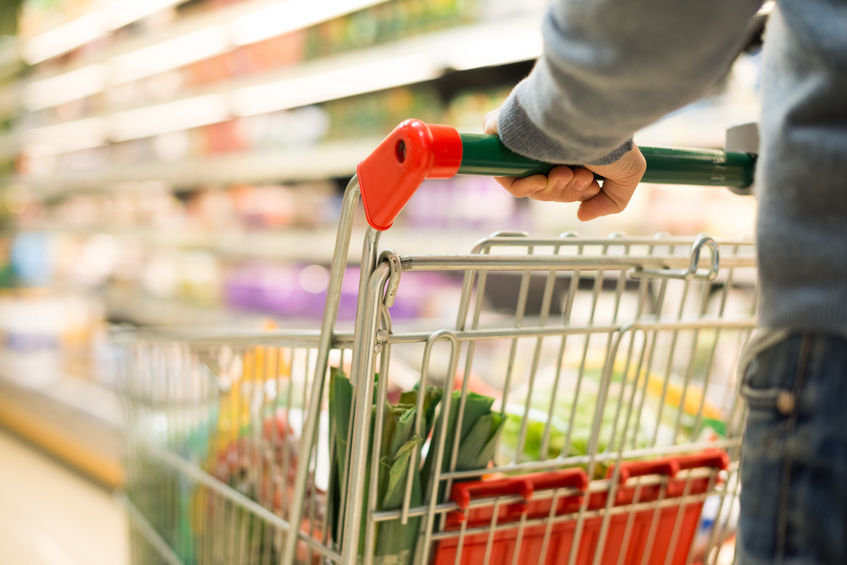
Brits are paying twice as much for food than they realise, with every £1 spent on food in the shops incurring an extra hidden cost of £1, according to a new report which criticises 'damaging' farming methods.
In addition to the £120 billion spent annually on food by consumers, the report The Hidden Cost of UK Food by the Sustainable Food Trust finds that the UK food system generates further costs of £120 billion.
It says this is nearly 30 times higher than previous composite estimates have indicated.
The report suggests that the largest proportion of the hidden costs are from damaging impacts of intensive farming methods and food-related healthcare.
It explains that the damaging impacts of environmental pollution, soil degradation, biodiversity loss and some health impacts account for an extra 50p of every £1 spent on food.
Food-related healthcare costs, linked to poor diets account for an extra 37p. A high proportion of these extra costs are paid through general and local taxation, water charges, bottle water purchases, private healthcare insurance, and lost income.
Regulatory, administrative and research costs were found to account for a further 2.7p of every £1 spent on food in additional ways, with food imports to the UK accounting for an extra 7.8p for every £1 spent.
A particularly surprising finding was that taxpayers’ subsidies to farmers were found to be equivalent to just 2.5p of every pound spent on food in hidden ways, an unexpectedly low percentage of the total.
The authors make the case for the continuation of taxpayers’ subsidy to farmers post-Brexit, but argue that the funds should be used to incentivise more sustainable methods of food production.
'Shadow food economy'
Patrick Holden, CEO of the Sustainable Food Trust, describes this situation as a "shadow food economy which we all contribute to without realising".
"For every £1 we hand over at the till another £1 is quietly taken from us without our consent," he said. "The current UK food system thrives only because it does not account for the full costs of production or consumption, which are paid for in hidden ways."
The report argues that the failure of the UK food economy to account for these hidden costs has given rise to "perverse incentives" in the food system.
The authors argue that it is more profitable to produce and distribute food in damaging ways, than in ways which deliver environmental and public health benefits.
Many food businesses keep their expenditure to a minimum by passing the cost burden of environmentally-damaging practices to the public sector, with taxpayers picking up the tab, it argues.
The Sustainable Food Trust is calling for policy action to internalise the hidden costs of food, in order to level the playing field between the most damaging food systems and those which are more sustainable.
This report calls on the government to introduce taxes on aspects such as the use of nitrogen fertiliser. It argues that this would provide revenue to the state, which could be used to pay farmers to adopt food production approaches which have "positive rather than negative impacts", such as practices to increase soil carbon sequestration.
